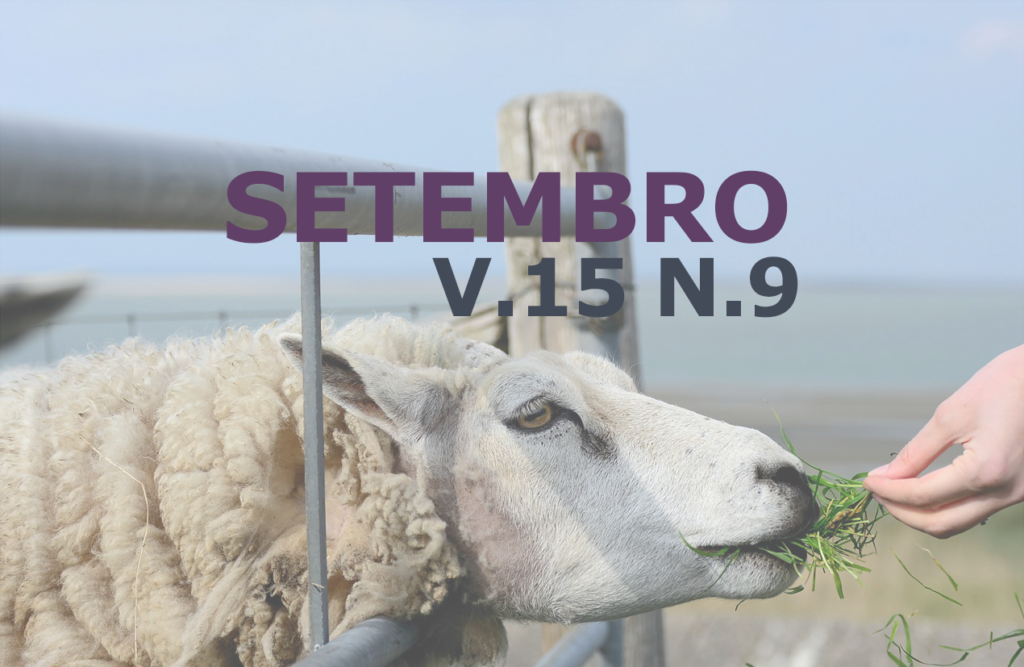Analysis of good manufacturing practices in goat milk processing plants in Cariri
DOI:
https://doi.org/10.31533/pubvet.v15n09a903.1-12Keywords:
Food, industry, production, quality, safetyAbstract
The growing demand for safe food has resulted in a need for industries to adapt to established standards to ensure quality products that do not pose risks to consumers' health. There are several factors that can influence the quality of the milk and can make it an inappropriate product for human consumption, such as physical, chemical or biological factors that may contaminate the milk due to failures in obtaining, processing or shipping it. Thus, it is essential that food producing / industrializing establishments obtain excellent percentages of conformities about GMP's, which are measures that must be implemented by food industries in order to guarantee the necessary requirements for food production safe. The present work aimed to evaluate the application of Good Manufacturing Practices (GMP), in caprine milk processing units, in the Cariri region of Paraíba. Four processing units were visited, called A, B, C and D, and were checked for compliance with GMP standards. From the observational analysis carried out, it was found that, of the four establishments studied, only processing plants A and C were classified in group 1, being considered of low risk to food security, plants B and D, in turn, were classified in group 2, which offered a medium risk to food security. Non-conformities were observed in all five items on the list, in all establishments, being described flaws in buildings, lack of products related to personal hygiene, presence of pests within the industry, and mainly, non-compliance with some Operations Procedures Standardized. The present study demonstrated that plants B and D should improve their levels in relation to GMP's, both to meet the requirements of current legislation and to offer safer products to their consumers, in view of the large number of non-conformities observed in these establishments. It is also necessary to have a more effective inspection of the competent bodies to ensure that the establishments are adapted to all GMP's requirements, thus avoiding the risk of transmitting foodborne illnesses to consumers, waste of raw materials as well as financial losses for the establishment.
Downloads
Published
Issue
Section
License
Copyright (c) 2021 Filipe Jordão Pereira de Medeiros, Joyce Galvão de Souza, Iara Nunes de Siqueira, Francisco Rodrigues de Araújo Junior, José Givanildo da Silva

This work is licensed under a Creative Commons Attribution 4.0 International License.
Você tem o direito de:
Compartilhar — copiar e redistribuir o material em qualquer suporte ou formato
Adaptar — remixar, transformar, e criar a partir do material para qualquer fim, mesmo que comercial.
O licenciante não pode revogar estes direitos desde que você respeite os termos da licença. De acordo com os termos seguintes:
Atribuição
— Você deve dar o crédito apropriado, prover um link para a licença e indicar se mudanças foram feitas. Você deve fazê-lo em qualquer circunstância razoável, mas de nenhuma maneira que sugira que o licenciante apoia você ou o seu uso. Sem restrições adicionais
— Você não pode aplicar termos jurídicos ou medidas de caráter tecnológico que restrinjam legalmente outros de fazerem algo que a licença permita.





